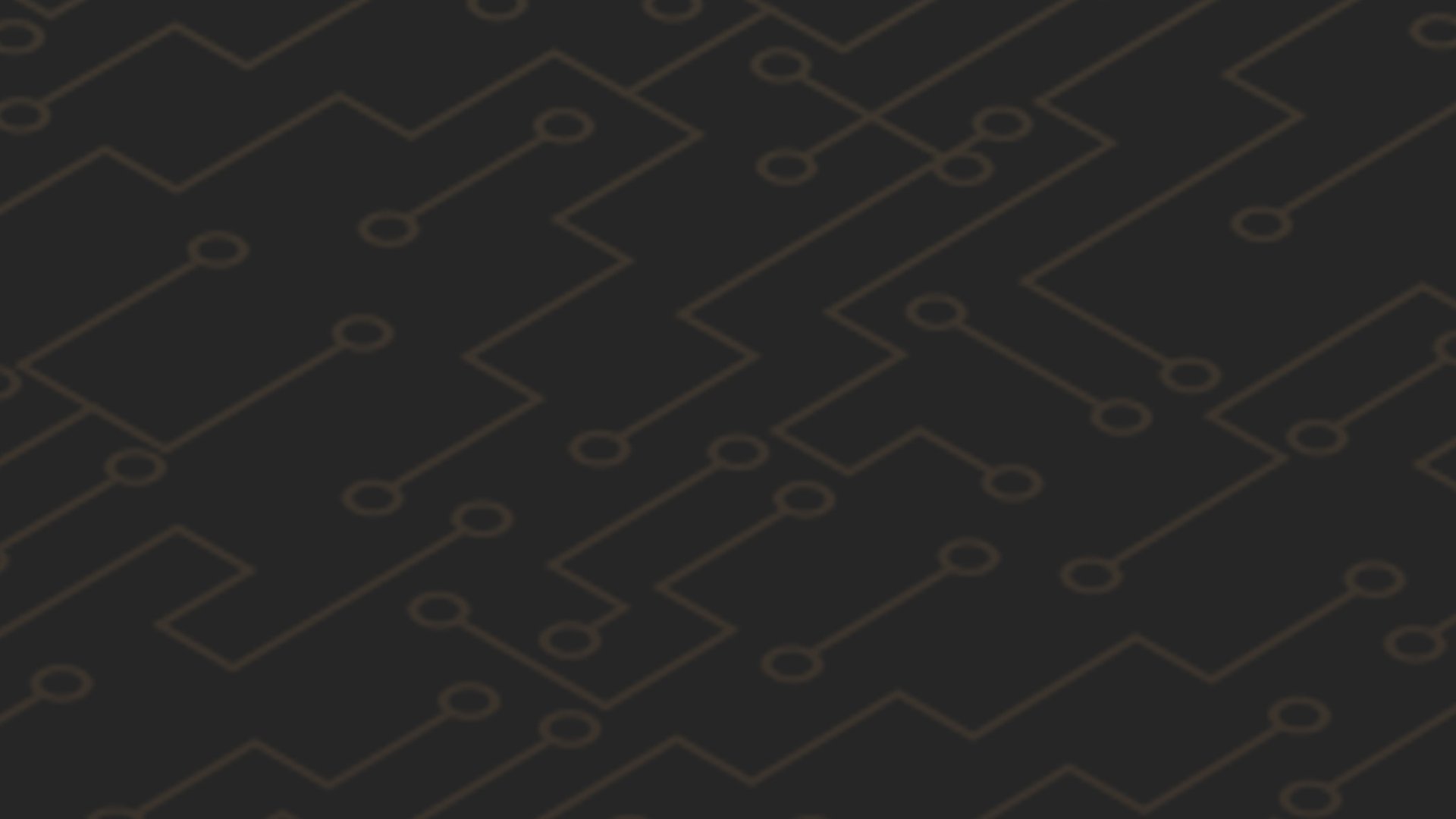Quantum Computing: The "Unseen" Wonder
Explore the intriguing world of quantum computing. Delivered in a slightly new style, this article discusses some basic principle of quantum computing.
ARTICLES
Faisal Jukhdar | Hassan Omar | Edited by: I.T. Aras
9/24/20233 min read


“If quantum mechanics hasn't profoundly shocked you, you haven't understood it yet.” (Bohr, n.d.). This quote defines the source of interest in quantum physics and its branches, the unknown, in which we find a world where the fabric of time and space unravels, where particles are on the fringe of existence and nonexistence, where our inherent understanding of the universe collapses, and we are left to watch.
Quantum physics is the study of the smallest observable and unobservable particles such as electrons, quarks, and photons. They shape our reality without certainty. It is almost impossible to find validity in the quantum realm, which is why building a quantum computer able to shape even minor forms of logic seems impossible. How computers function is by interpreting voltage. When the given voltage is high the computer interprets it as a signal of information we call a “one” and by contrast, when the voltage is low, the system interprets it as a “zero”. Of course, a computer doesn’t run on ones and zeros; It’s just how we denote the electrical information processed by computers. (White, 1998)
These ones and zeros can make complex logical systems that modern computers utilize to perform everything from calculating the end of the world to playing Candy Crush. However, there is an issue with this approach. The components of computers get smaller as they develop. Today, a transistor — the fundamental building block of our computers, acting as an on-and-off switch for voltage and changing ones to zeros and zeros to ones (PCMag, 2022) — is at an atomic scale. Silicone transistors are only 70 atoms long. The problems that arise are tragic; as they get smaller, they stop following our command and embrace the quantum world discretely, making them absurdly random. For instance, a sufficiently small transistor would have electrons just ignoring the switch, bypassing them through a process we call quantum tunneling and superposition. Using electricity would be impossible, and we’d have reached our limit. However, the problem becomes the fuel of innovation; we have called into the quantum realm and it whispers secrets of discrete structure in the chaos. What we thought was the problem becomes the answer.
Quantum computing relies on storing information in a particle — smaller than a transistor, a molecule, or an atom — just a single electron. This functions by utilizing the chaos of an electron, which refuses to follow our understanding of physics. (Brooks, 2023) Quantum physicists observed that when an electron has two possible paths of movement, with one decision to go either left or right, it takes both. This phenomenon is what we call superposition. We use this to replace the electrical current running the system with a single electron shooting through the system at almost the speed of light, acting as both a one and a zero through superposition transcending all forms of computer logic. This opens the door to magnificent possibilities. A quantum computer that can think and produce logical computations is smaller than matter at a fundamental level. It is simply a collection of subatomic particles, each with their innate field forces acting as the components of a computer.
In conclusion, the field of quantum physics is a source of great excitement and intrigue. According to Niels Bohr, if quantum physics hasn't severely shaken us, we haven't properly understood its core. This field pushes us into the unknown, where classical physics laws shatter, and a universe of tantalizing possibilities arises. As particles dance on the edge of existence and nonexistence and the fabric of spacetime unravels before our eyes, Quantum Physics pushes us to reconsider our notion of reality (Frankenfield, 2023).
References
Bohr, N., 1992
Brooks, M., 2023. Quantum computers: what are they good for? [Online]
Available at: https://www.nature.com/articles/d41586-023-01692-9#:~:text=Quantum%20computers%20store%20data%20in,others%20operate%20at%20room%20temperature.
[Accessed 23 9 2023].
Frankenfield, J., 2023. Quantum Computing: Definition, How It's Used, and Example. [Online]
Available at: https://www.investopedia.com/terms/q/quantum-computing.asp
[Accessed 23 9 2023].
PCMag, 2022. PCMag. [Online]
Available at: https://www.pcmag.com/encyclopedia/term/transistor
White, R., 1998. How computers work (p. 464). s.l.:s.n.

Subscribe and follow to stay up-to-date!
Contact us for any concerns or question through: ainexusais@gmail.com
